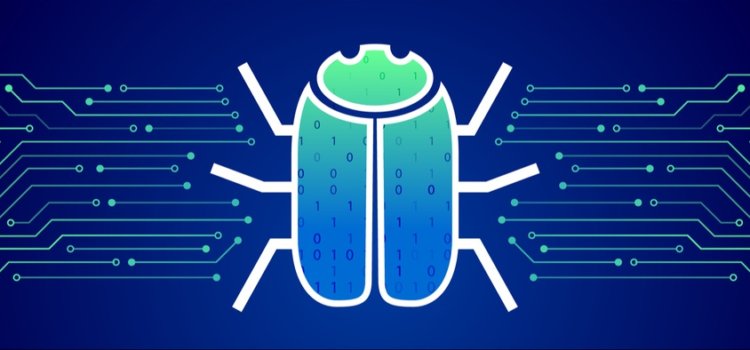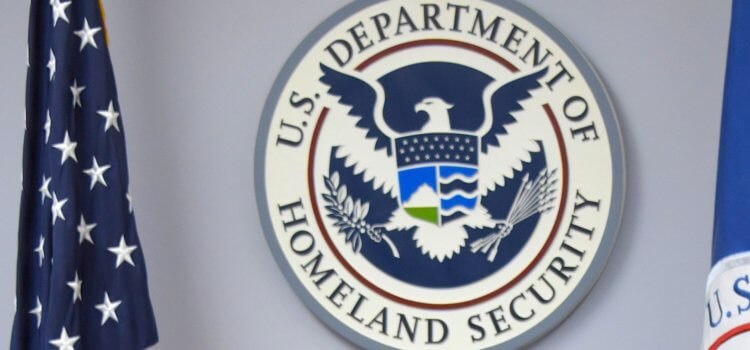By Joseph Marks
That agreement “reflects the commitment of both departments in collaborating to improve the protection and defense of the U.S. homeland from strategic cyber threats,” according to written testimony from Homeland Security Assistant Secretary Jeanette Manfra.
It also “clarifies roles and responsibilities between DOD and DHS to enhance U.S. government readiness to respond to cyber threats and establish coordinated lines of efforts to secure, protect, and defend the homeland,” according to the statement delivered to a joint hearing of the cyber panels of the House Homeland Security and Armed Services committees.
A Homeland Security official confirmed the agreement is completed but did not provide additional details.
Rep. Cedric Richmond, D-La., described the agreement in broad terms during the hearing. Richmond, who is the ranking Democrat on the Homeland Security panel, said he has not read the memorandum yet.
The civilian-military agreement comes as the government is trying to ramp up civilian and military cooperation in cyberspace, especially when it comes to protecting election systems and other critical infrastructure such as banks, hospitals and airports.
In advance of last week’s midterm elections, 11 Pentagon cyber officials came over to Homeland Security’s cyber operations center as liaisons, Manfra told lawmakers during the hearing.
Those liaison officers were there to pave the way for their colleagues in case an election cyber threat popped up that state and local officials couldn’t handle on their own with Homeland Security’s support and the military needed to help out, Manfra said.
Though the departments were prepared, that threat didn’t materialize.
Rep. Jim Langevin, D-R.I., the ranking member on the Armed Services panel, praised the Pentagon and Homeland Security for removing legal and bureaucratic barriers to cooperation in advance of the election.
In the future, it will be critical for the two departments to work together on cyber threats, he said.
“While Congress has been abundantly clear about DHS’ primacy in defending civilian networks in the United States, coordination, collaboration and information sharing with the DOD will be critical to the defense of the homeland,” [Rep. Langevin] said.
Congress officially authorized the Defense Department to send those detailees to Homeland Security in August in a pilot program included in the most recent version of the National Defense Authorization Act, an annual defense policy bill.
The mammoth policy bill also mandated other Defense Department efforts to help the civilian government and critical infrastructure providers, such as banks and hospitals, repel cyberattacks if called upon.
The bill also mandated a study on whether to create cyber components in the military reserves that could assist states during a cyber emergency.
Overall, in the months leading up to the election, Homeland Security, the Pentagon and FBI made more progress on sharing cyber threat information and developing a common cyber operations picture than in the prior decade, Manfra told lawmakers.







